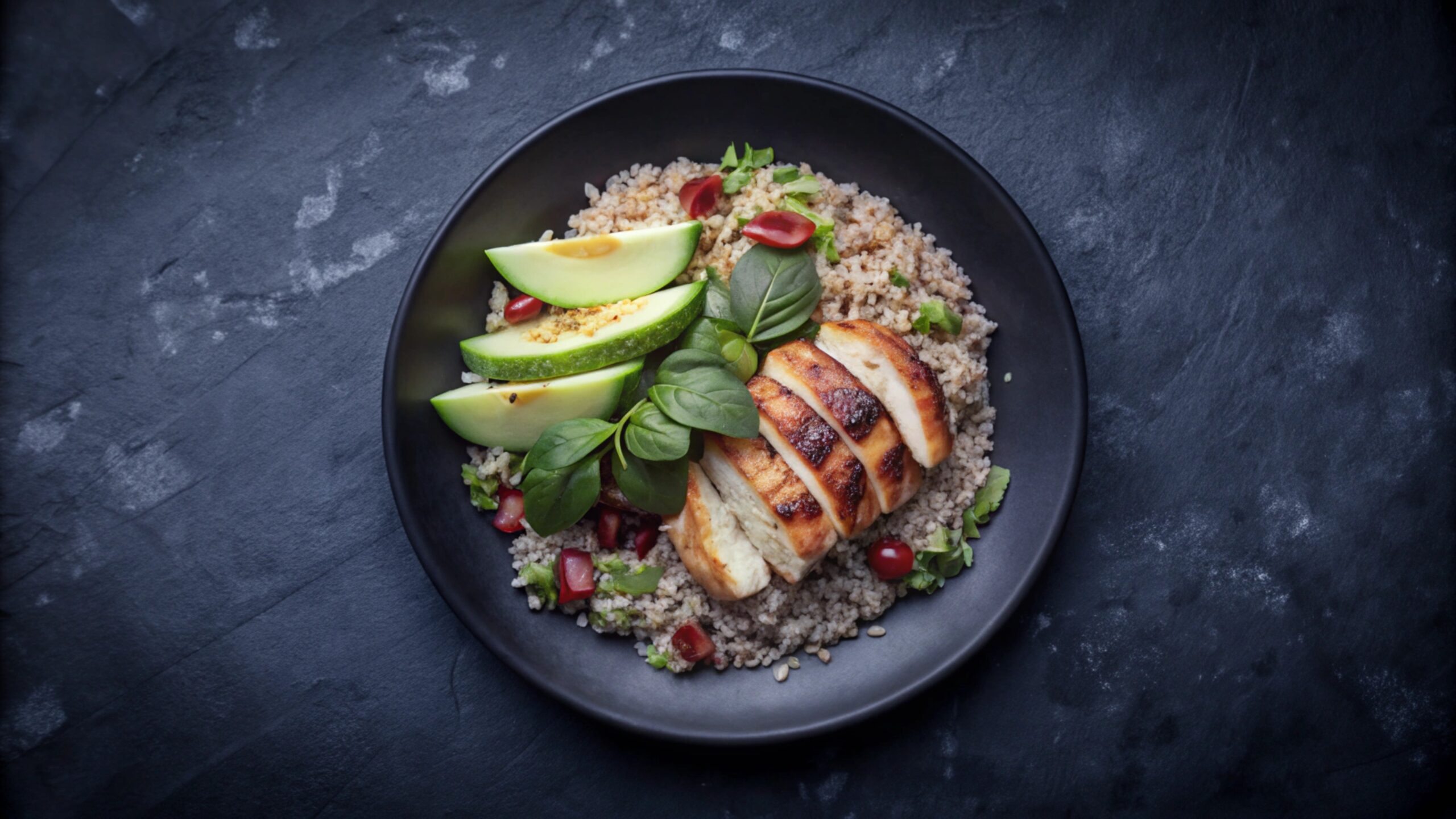Taking GLP-1 medications can lead to nutritional deficiencies. Less food intake means less nutrient intake. On top of it, common side effects such as nausea, vomiting, and diarrhea, can further deplete nutrient reserves. Even borderline nutrient deficiencies could cause symptoms like fatigue, poor concentration, irritability, dry skin, and frequent infections. So how can you prevent deficiencies?
Focus on Nutrient-Dense Foods
When you eat, make it count. Get the most bang for your buck with nutrient dense foods including lean proteins, whole grains, fruits, vegetables, and healthy fats.
Small, frequent meals and stick to a schedule
You may not be hungry, but don’t skip meals. Instead, schedule small, frequent nutrient-dense meals into your schedule.
Take a Multivitamin
Cover a lot of nutritional ground with a multivitamin to give yourself a good nutritional insurance policy against deficiencies
Additional supplementation
Studies have shown that many people with obesity have inadequate intake of iron, calcium, vitamin D, magnesium, zinc, copper, folate and vitamins A and B12. That combined with the reduced food intake on GLP-1’s, means supplementation may be necessary.

